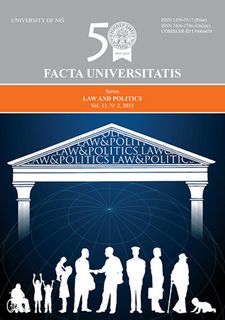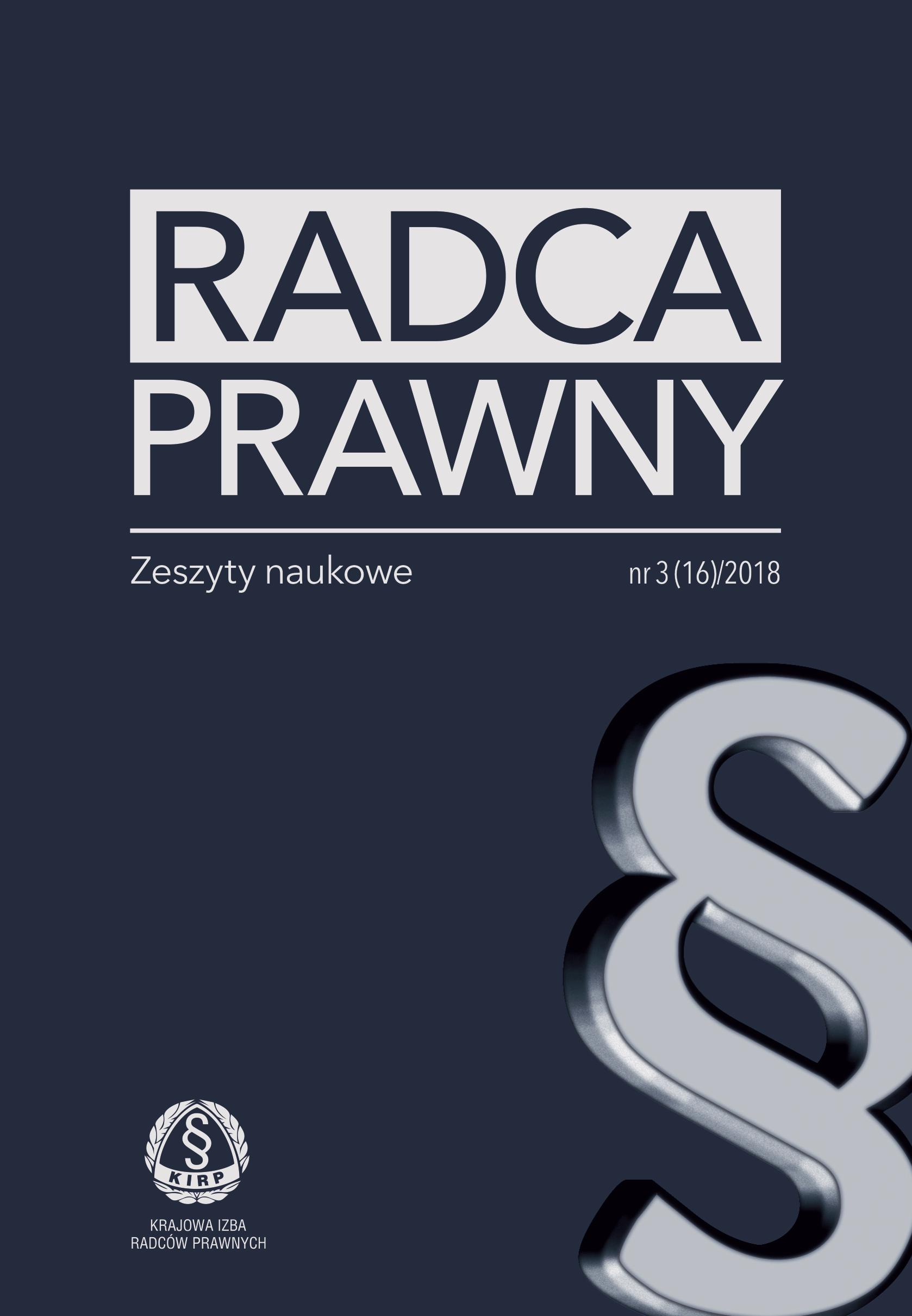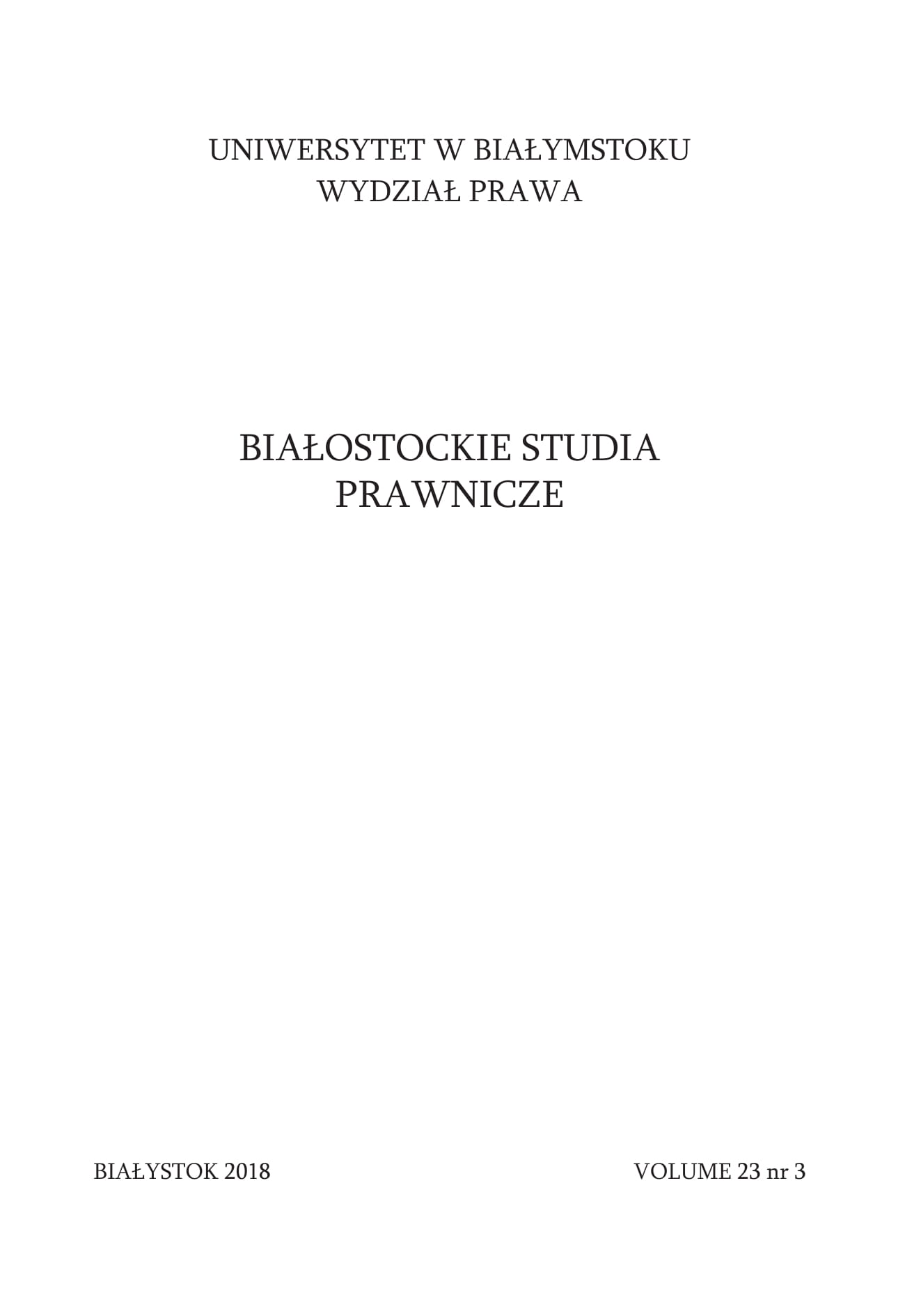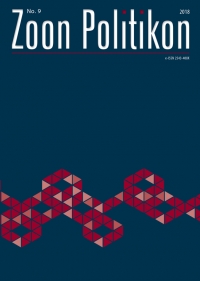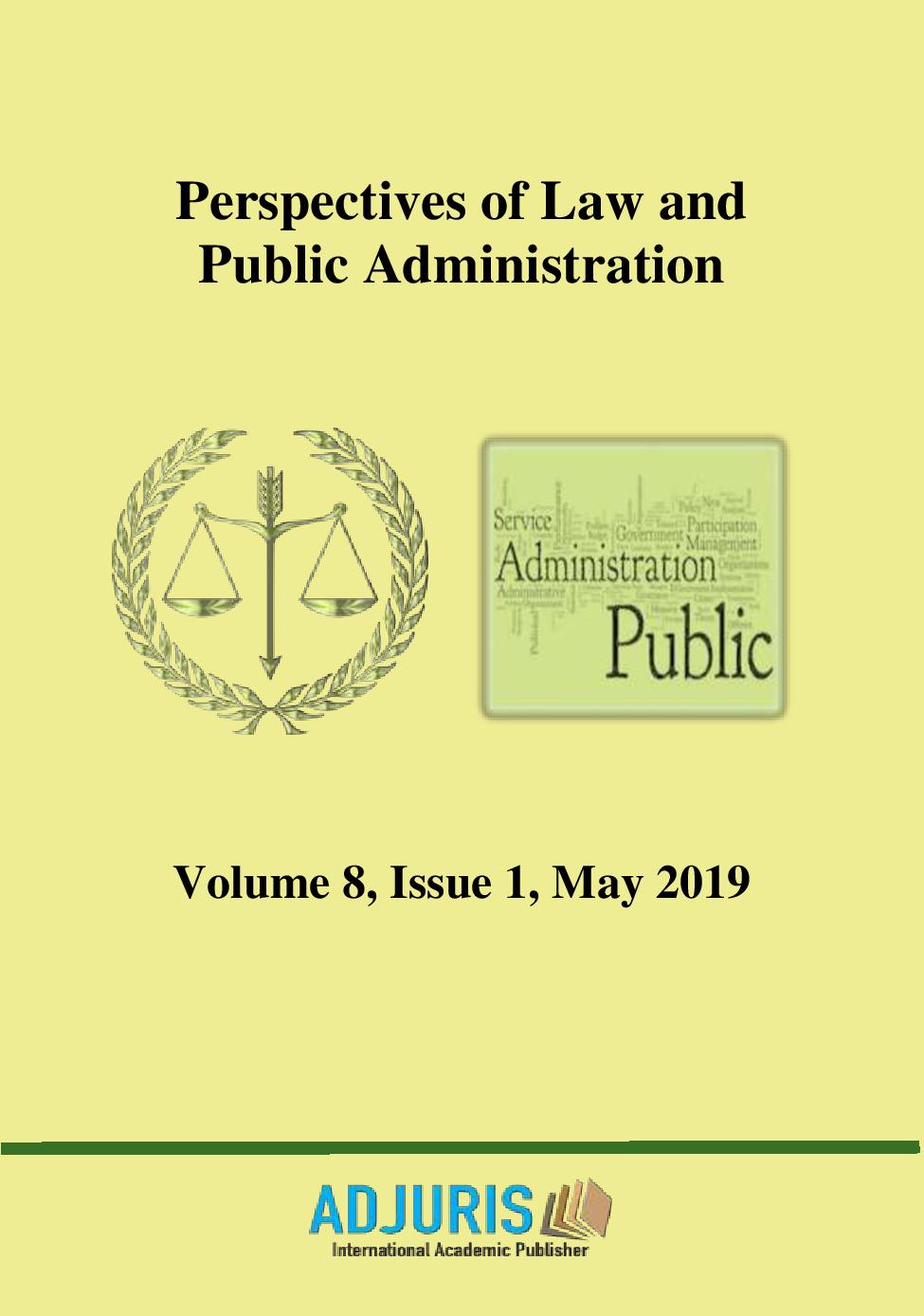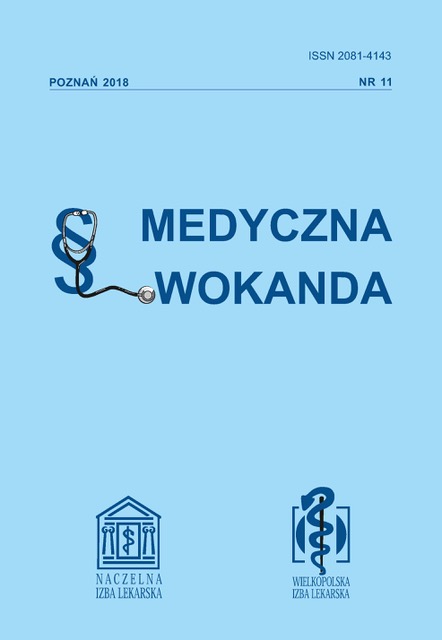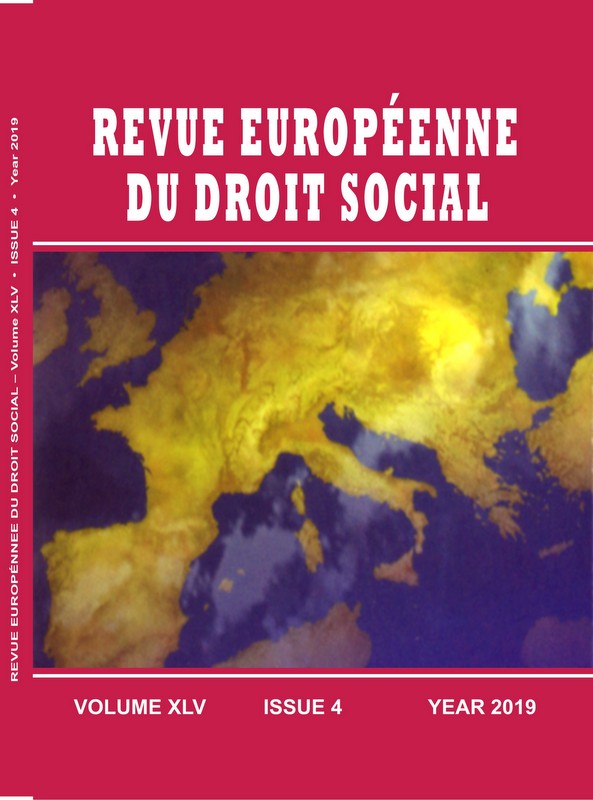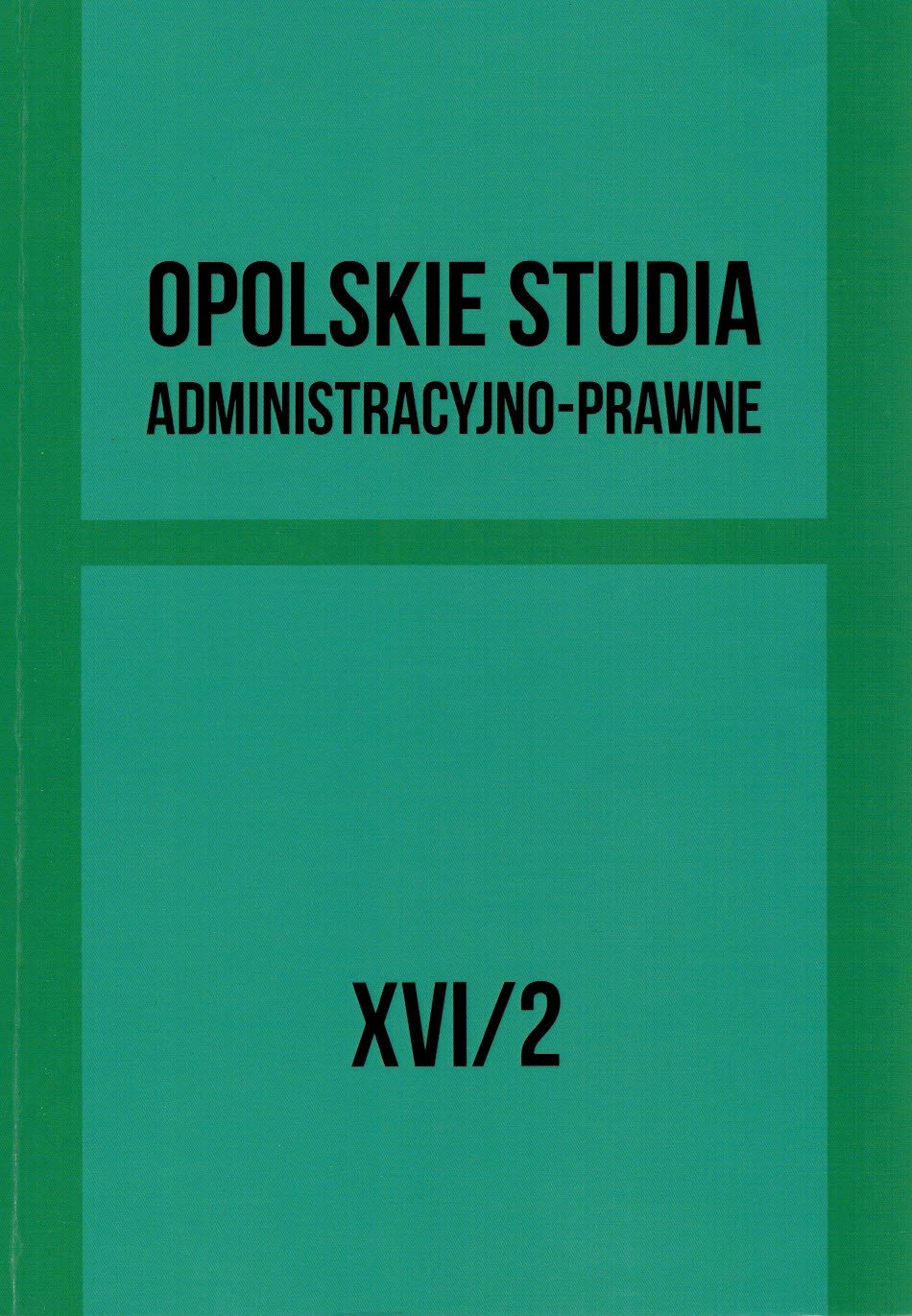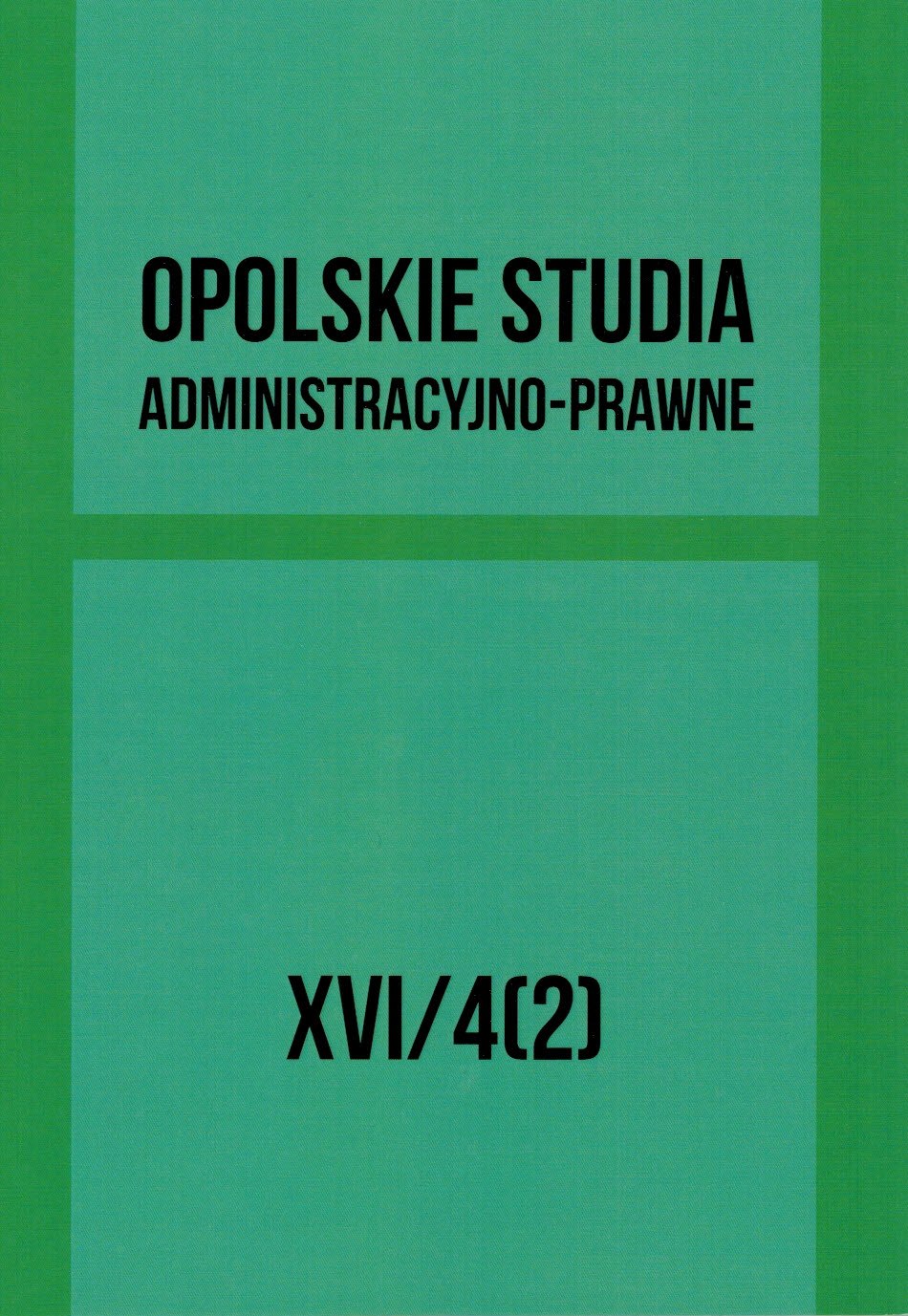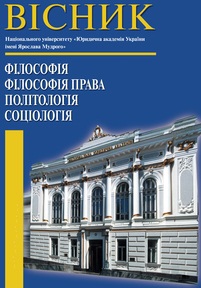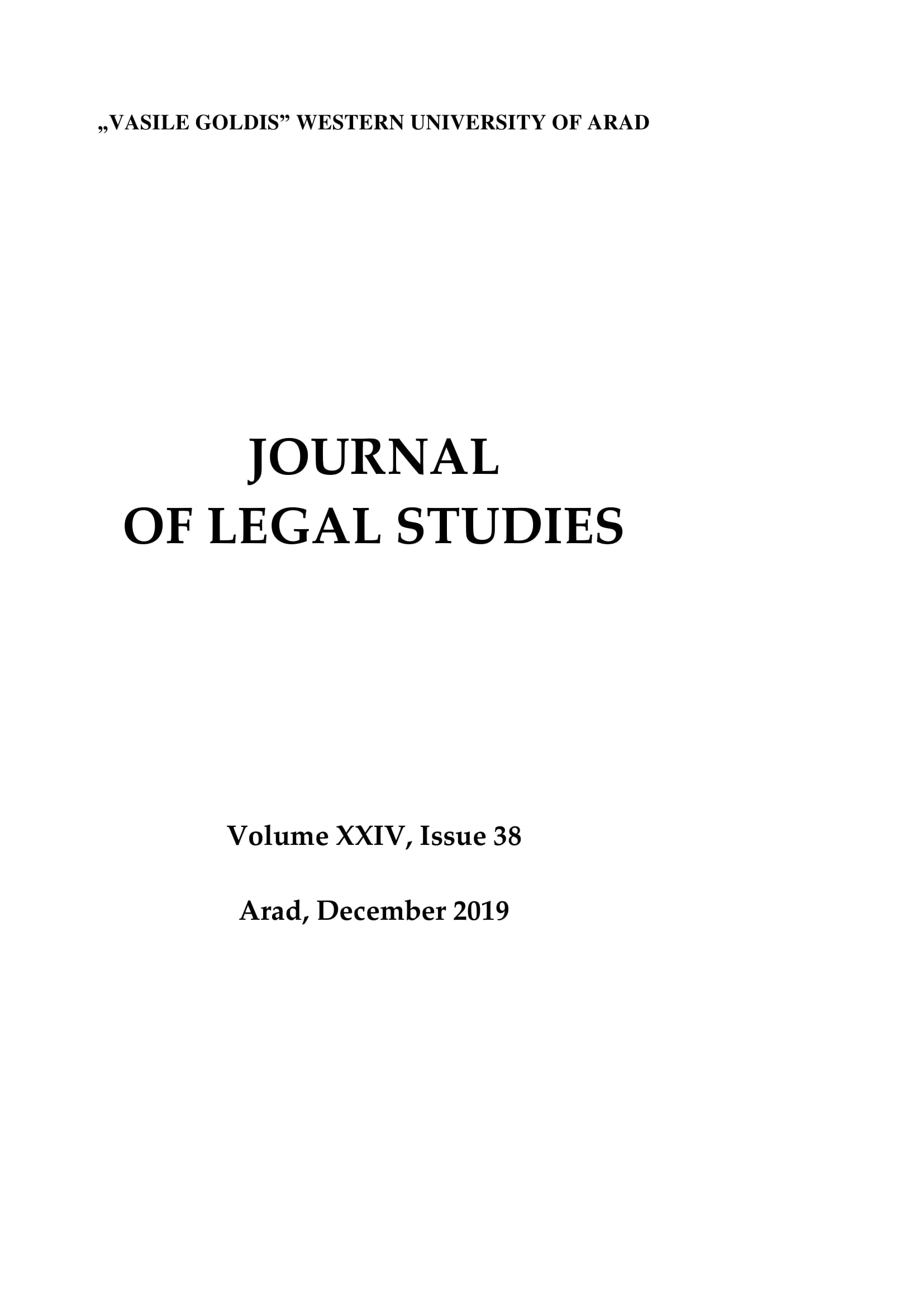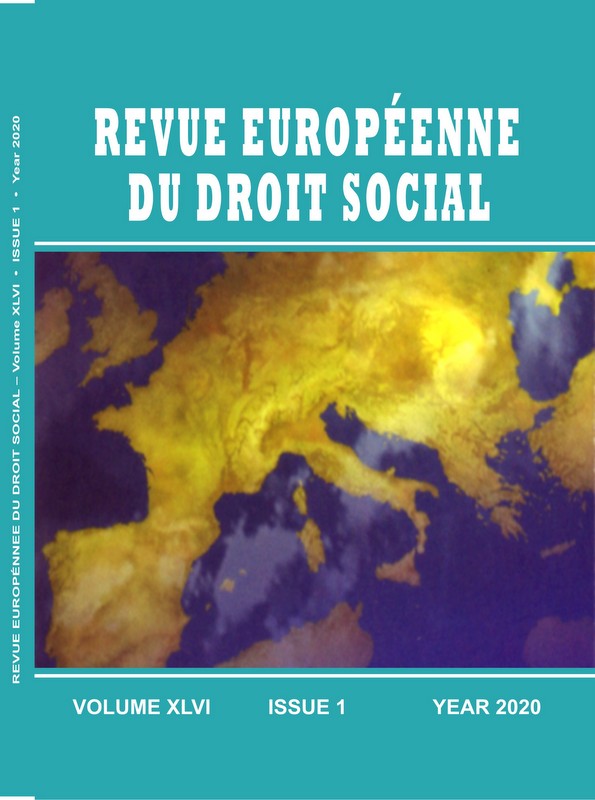Author(s): Svitlana Borysivna Zhdanenko,Yuliia Vasylivna Meliakova / Language(s): Ukrainian
Issue: 3/2019
Problem setting. The problem of protecting information freedom and finding its effective means is relevant for many countries. It is important for countries with a totalitarian past. Of particular importance for the protection of information freedom is the activity of non-state institutions. In this regard, it is necessary to develop the conceptual bases of the right to information. Currently, there are no unambiguous approaches to the definition of the essence of the right to information. Considerable attention is paid to the relation between the right to information and other information rights and freedoms. First of all, there is interest in the relation between the right to information and freedom of speech, since the right to information is derived from freedom of speech. The need to institutionalize the right to information actualizes the problem of determining its essence and content by correlating with other similar concepts.Recent research and publications suggest that the problem of the right to information and its relation to freedom of speech is well developed. The right to information is considered as a composite part of the freedom of speech and press. Another approach assumes the independent status of the right to information, as it provides a person with the process of adaptation in society. The right to information acts as a social copy of the traditional freedom of speech. Separately considered the right to information in the context of the right to free access to information. However, no single concept of the right to information has been formulated.Paper objective. The aim of the paper is to attempt a philosophical conceptualization of the human right to information.Paper main body. The right to information is more meaningful than freedom of speech. It is not absorbed by the freedom of speech and is not its element. It implies the right to objective information about events in society, and freedom of speech is aimed at the free circulation of thoughts and positions of particular individuals. For the realization of the right to information, free access to sources of meaningful information is important. And for the exercise of freedom of speech such access is not significant. Freedom of speech provides a free discussion of events in society, and with the help of the right to information, civil society is provided with information for public debates.Of particular note is the relation between the concepts of “right to information” and “freedom of information”. Freedom of information is considered as an element of freedom of speech, which consists in the authority to disseminate messages and to receive information freely. On the other hand, the concept of information includes the concepts of "opinion", "free word", "position". It means that freedom of information includes in its content the traditional freedom of speech.In the sphere of information rights, there are active and passive aspects. The right to information can be considered as a passive form of freedom of information, and freedom of speech as active. At the same time, freedom of information in the broad sense includes absolutely all information rights and freedoms of citizens, covers the sphere of communication and information activities. Freedom of communication is the ability of each person to communicate, transmit or receive information. The protection of communication processes through its legalization acts as freedom of information.There are two forms of freedom of information: individual and institutional. Institutional freedom of information includes freedom of the press, broadcasting and freedom of other media. For it, freedom of search and getting information as a basic element in the work of the media is of particular importance. Freedom of information ensures the free and unhindered circulation of information in society and at the same time guarantees non-interference in the sphere of individual information activities of a person.Often the right to information is replaced by the right to access information. From the point of view of constitutional law, this approach is justified, since it is considered as one of the basic political rights. It can be specified as the right to access the official information, often hidden by the authorities. In this regard, it is necessary to develop and specify the obligation of state bodies to provide information to the public. Since the realization of different rights at all levels requires access to relevant information, this right becomes special for a person. Access to sources is a criterion for distinguishing the right to information and freedom of speech. The development of information technologies, which makes real the principle of equal access to information of all interested parties, is essential for this process.It is obvious that the right to information in its content is wider than the right to access information. But the right of access guarantees the realization of the right to information. At the same time, both of these rights perform the same social functions and are terminologically interrelated.Conclusions of the research Thus, the right to information holds a special place among other information rights. This is due to the specifics of its content, object and subject composition, legal properties. But no less significant is the role that the right to information plays in the socio-political practice of the country. Only the right to information actually ensures the interrelation of civil society and the state, gives the individual the status of an active subject of social life and guarantees the mechanisms of democratic responsibility within a democracy.
More...
